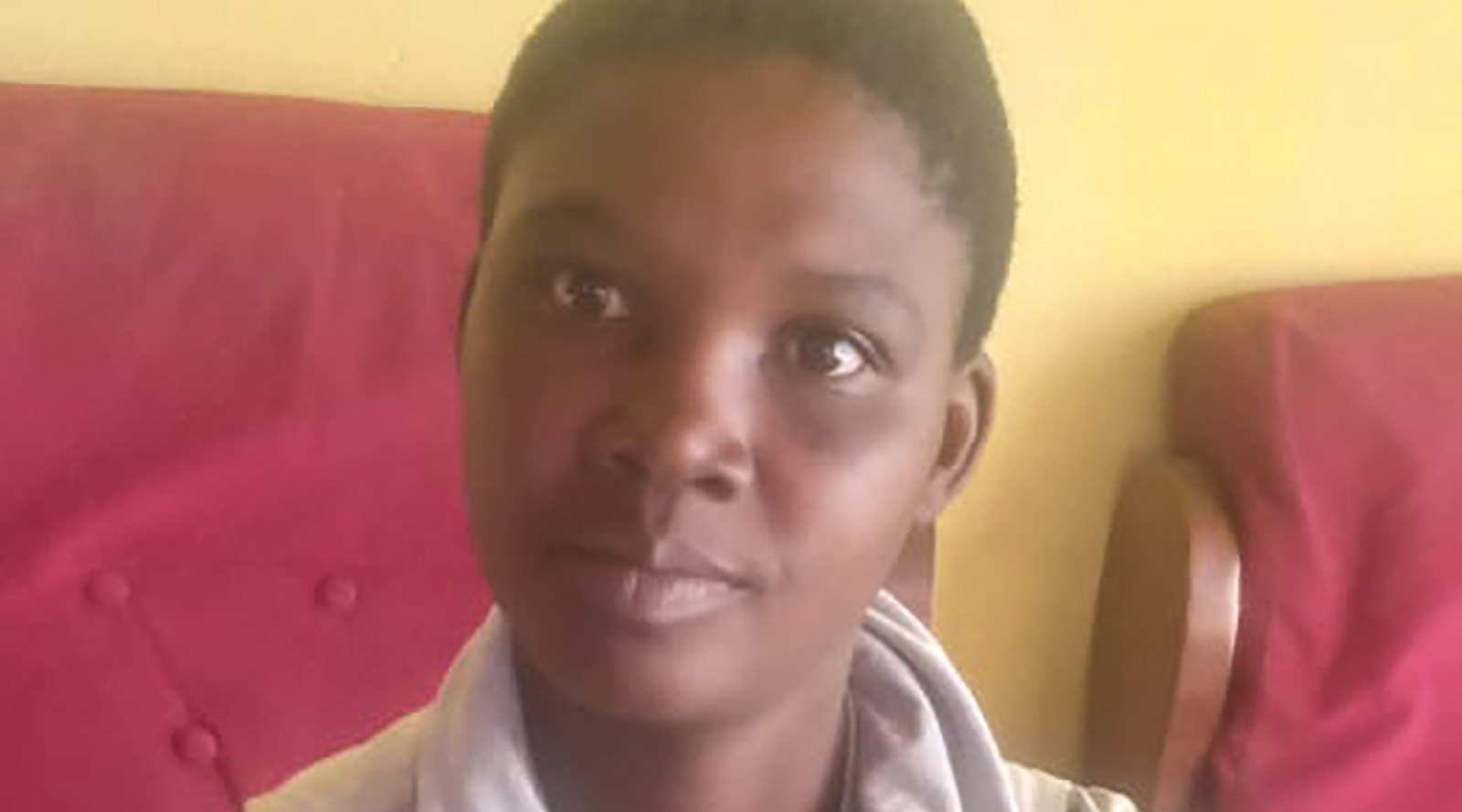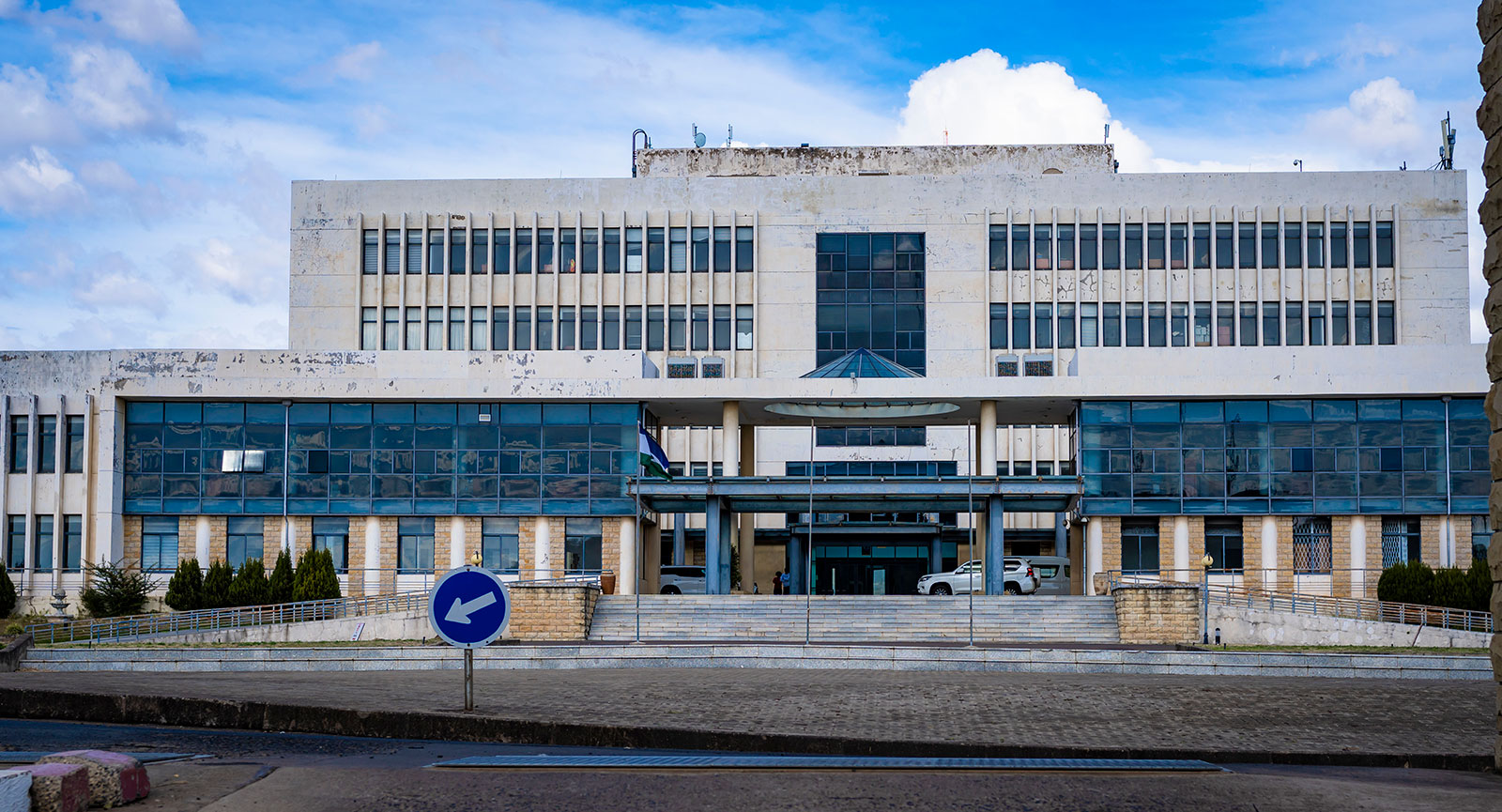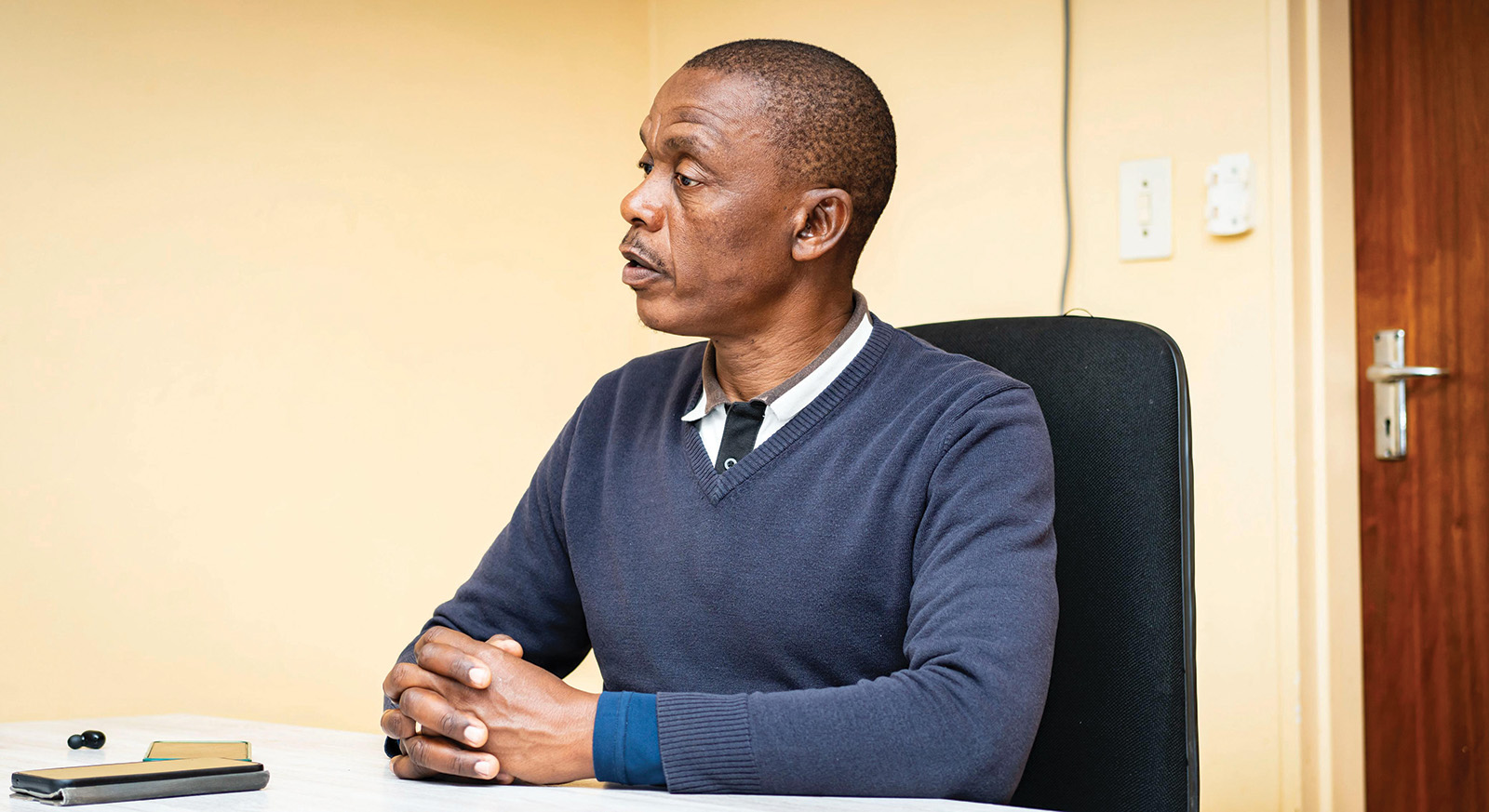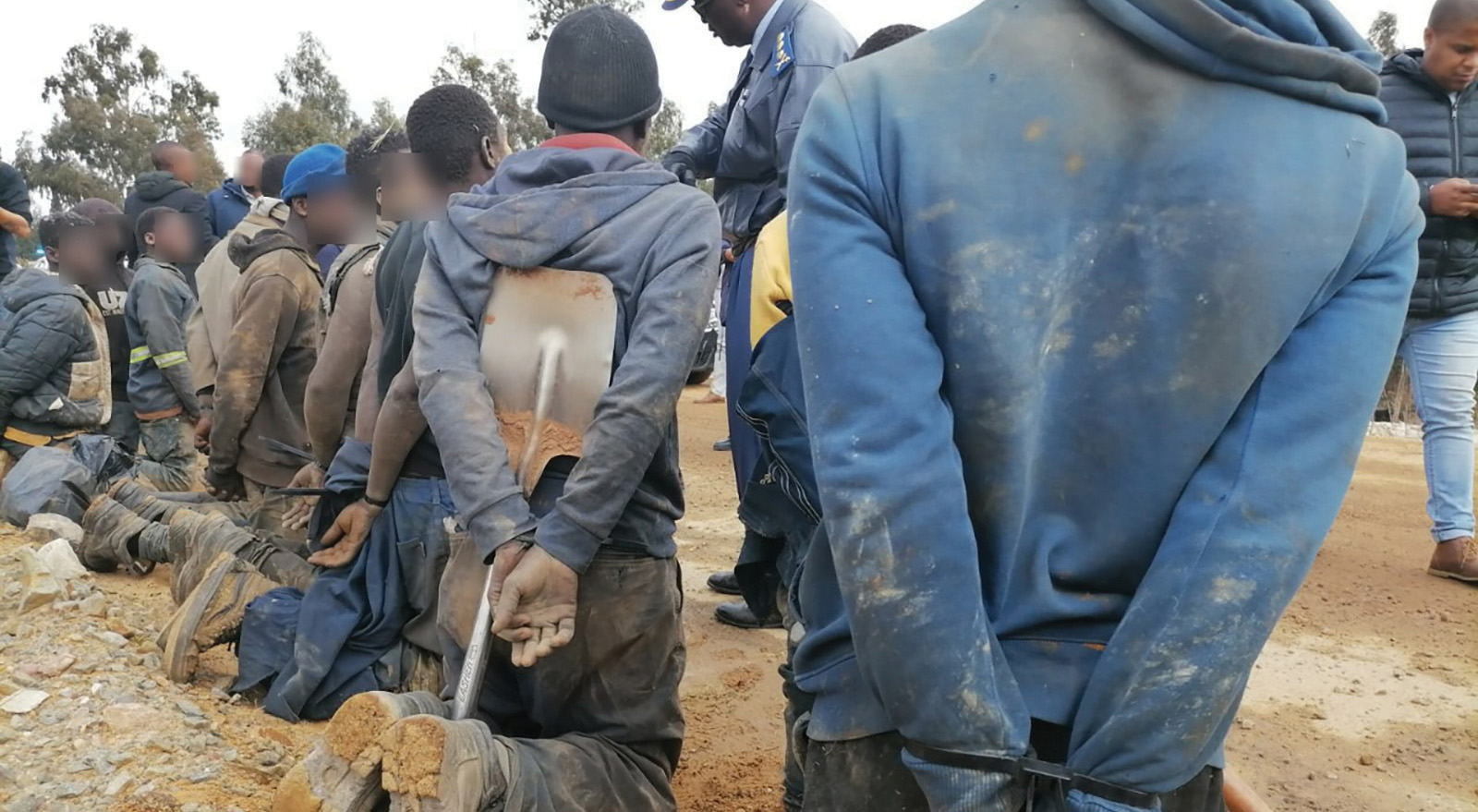Climate changes worsening access to reproductive health

SHARE THIS PAGE!
In the icy stillness of midnight before Easter Friday, 30-year old ‘Mathapelo Keketsi was forced to lay blankets by the side of a rural road where, with her mother’s help, she gave birth to a healthy baby girl.
“It was only by God’s grace that both me and my baby were okay,” Keketsi says, recalling the traumatic ordeal with a mix of disbelief and relief.
Her harrowing experience is not an isolated one. Women in Lesotho’s rural areas, particularly in places like Ha Raliopelo in Mafeteng District, continue to face dire challenges due to poor infrastructure, limited access to healthcare, and extreme weather.
That night, Keketsi and her mother had embarked on a desperate three-hour walk to the nearest health facility, clinging onto hope.
“We left home at midnight, but halfway there I couldn’t go on. The cold was unbearable, and I was exhausted,” she recounts.
With only the stars for light and blankets for shelter, her mother helped her deliver the baby on a gravel road. Eventually, they managed to reach her brother’s home in Motsekuoa, Vukazenzela, and later made it to the health centre for postnatal care.
For ‘Mabereng Maphathe, a village health worker in Reisi, such incidents are painfully familiar.
Maphathe, who works with Motsekuoa Health Centre, says rural women are forced to deliver on the road or at home, assisted only by untrained health workers like herself.
“We are not midwives, but we are regularly called to deliver babies with little more than prayers and basic medical kits. By God’s grace, no mother or child has died, but it’s a miracle each time.”
She describes how, just this year, three women in her area gave birth on their way to the clinic.
Seasonal floods and treacherous terrain make the journey nearly impossible – especially for pregnant women.
“Increasingly, women are giving birth at home despite the risks,” she warns. “We need a clinic and a high school here. Our community cannot keep suffering in silence.”
The plight of women in Reisi came to light during a recent visit by the Parliamentary Women’s Caucus, invited by Phoqoane MP, ‘Matankiso Tekane, who expressed deep concern over the intersection of climate change and reproductive health in the region.
“One of the most urgent public health issues in Reisi is how climate change worsens access to sexual and reproductive health services. We must adapt our health systems to ensure equity and resilience in the face of these environmental challenges,” Tekane said.
She noted that beyond infrastructure, the crisis is also about protecting the rights, health, and safety of women and children. With schools far and few, children face long, dangerous walks, leading to falling school attendance, rising teenage pregnancies, and missed educational opportunities.
“How can we expect a child to thrive when they must cross rivers and gorges for three hours just to attend class?” she asked.
The rains have not only destroyed crops, worsening food insecurity, but have also made healthcare nearly unreachable.
Tekane pledged that she and the Women’s Caucus will continue lobbying government ministries to address the crisis in Reisi.
During a recent dialogue in the village, Women’s Caucus Secretary ‘Mabataung Mokhathali emphasized that climate change is exacerbating existing inequalities, particularly for rural women.
“In Mafeteng, heavy rains are disrupting mobility and worsening the burdens women already carry; fetching food, water, firewood, and now walking impossible distances for healthcare,” she said.
Access to sexual and reproductive health services is increasingly fragile.
“We must ensure that women’s unique needs are central to climate change responses. Our advocacy transcends party lines. We are united in amplifying women’s voices,” she added.
In a country where maternal mortality remains shockingly high at 363 deaths per 100,000 live births, Mokhathali stressed that innovative, gender-sensitive solutions are no longer optional, but are a national imperative.




MPs’ ethics workshop gets underway
7 days ago
Lesotho should set up more missions: Makara
7 days ago
SLB disburses over M127m in business loans
7 days ago
Textiles workers panic amid layoffs
12 days ago
Gun violence grips Ha Toloane
12 days ago
Youth scoff at PM’s promises
12 days ago
Actor Rapita up for child abuse
12 days ago